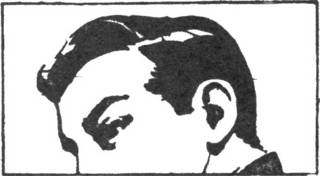Whatever. I think the author is on firmer ground when she claims that 'hazaar fucked', that classic expression from English, August is 'one of the phrases that, along with Yeh Dil Maange More and We Are Like That Only, ushered in the rise of Hinglish'. Certainly, Upamanyu Chatterjee was one of the first serious writers to comment on this mongrel tongue we all speak (Shobha De doesn't count):
"Amazing mix, the English we speak. Hazaar fucked. Urdu and American," Agastya laughed, "a thousand fucked, really fucked. I'm sure nowhere else could languages be mixed and spoken with such ease." The slurred sounds of the comfortable tiredness of intoxication, " 'You look hazaar fucked, Marmaduke dear.' 'Yes, Dorothea, I'm afraid I do feel hazaar fucked' - see, doesn't work".
(Upamanyu Chatterjee, English, August)
